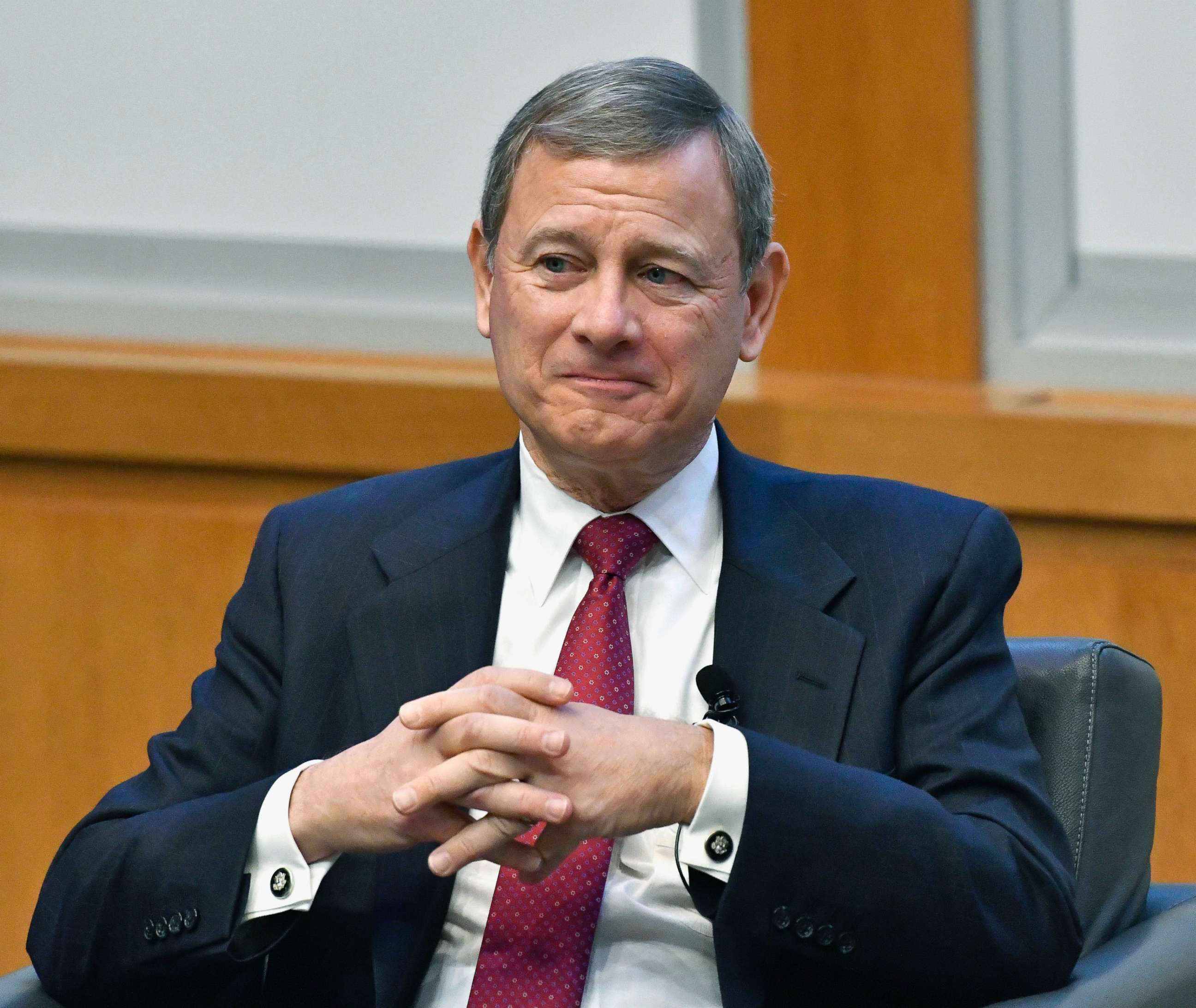
Wafric News – May 8, 2025
U.S. Chief Justice John Roberts has issued a firm reminder of the judiciary’s independence, pushing back against growing political pressure from former President Donald Trump and his allies who have increasingly targeted judges for rulings that block parts of his administration's agenda.
U.S. Chief Justice John Roberts has issued a firm reminder of the judiciary’s independence, pushing back against growing political pressure from former President Donald Trump and his allies who have increasingly targeted judges for rulings that block parts of his administration's agenda.
Speaking in Buffalo, New York—his birthplace—Roberts underscored the judiciary’s constitutional role as a co-equal branch of government. “The judiciary is a coequal branch, separate from the others, with the authority to interpret the Constitution and strike down acts of Congress or the president,” he said during an event marking the 125th anniversary of the federal court in Western New York.
Roberts, who has served nearly two decades as chief justice, emphasized that the courts exist not only to resolve disputes but also to act as a check on legislative and executive overreach—an inherently independent role.
Subtle Response to Political Attacks
While Roberts did not mention Trump by name, his remarks come at a time when the former president, now in his second term, has renewed public criticism of judges and floated the idea of impeaching those who oppose his policies. Roberts addressed these calls obliquely, stating, “Impeachment is not how you register disagreement with decisions.”
He had previously issued a rare public statement in March, directly responding to political threats against the judiciary. In it, he noted that “for more than two centuries, it has been established that impeachment is not an appropriate response to disagreement concerning a judicial decision.” He reaffirmed that appeals—not political retaliation—are the proper mechanism for legal review.
Courts Caught in Policy Crossfire
Under Trump’s second term, legal battles have intensified. Roberts made no mention of the growing number of cases on the Supreme Court’s emergency docket involving Trump’s executive actions, including attempts to remove independent agency officials, reinterpret 18th-century immigration laws, and curb birthright citizenship.
One of the most consequential cases—on whether the administration can deny birthright citizenship to children born in the U.S. to undocumented migrants—is set for oral argument on May 15. Lower courts have blocked the administration’s move, but Trump’s legal team is seeking to narrow who qualifies for constitutional protections.
Critics argue that in several cases, the administration has used legal ambiguities to carry out policies that would otherwise struggle under judicial scrutiny. One such incident involved a Maryland man mistakenly deported to El Salvador.
Defending the Court’s Record—and Its Limits
In a rare reflection on the Supreme Court’s own legacy, Roberts also touched on the topic of precedent. The court’s controversial 2022 decision to overturn Roe v. Wade still looms large over public perception of the judiciary. Roberts, however, rejected the idea that overturning precedent is inherently wrong.
“The idea that it’s invariably a bad thing to overrule precedent is, I think, quite mistaken,” he said. “At the same time, you can’t do it willy nilly.”
Despite criticism, Roberts asserted that the current rate of overturned precedents is lower than it was in the 1950s.
Still on the Bench—For Now
When asked about the possibility of retirement, Roberts, who turned 70 this year, responded bluntly: “No.” He acknowledged he may reconsider if he felt he was no longer effective, and even joked that trusted friends had once told him—humorously—it was already time.
“I feel pretty healthy,” he concluded. “I’m going out feet first.”
A Cautious but Clear Defense of Judicial Independence
Roberts’ comments come at a critical moment for American institutions. As Trump-aligned forces continue to challenge the legitimacy of judicial decisions, the chief justice’s words served as a cautious but unmistakable defense of the rule of law—a reminder that courts are not meant to bend to political tides, no matter how strong they may be.
By WafricNews Desk.
By WafricNews Desk.


Comment
To post a comment, you have to login first
LoginNo Comments Yet...